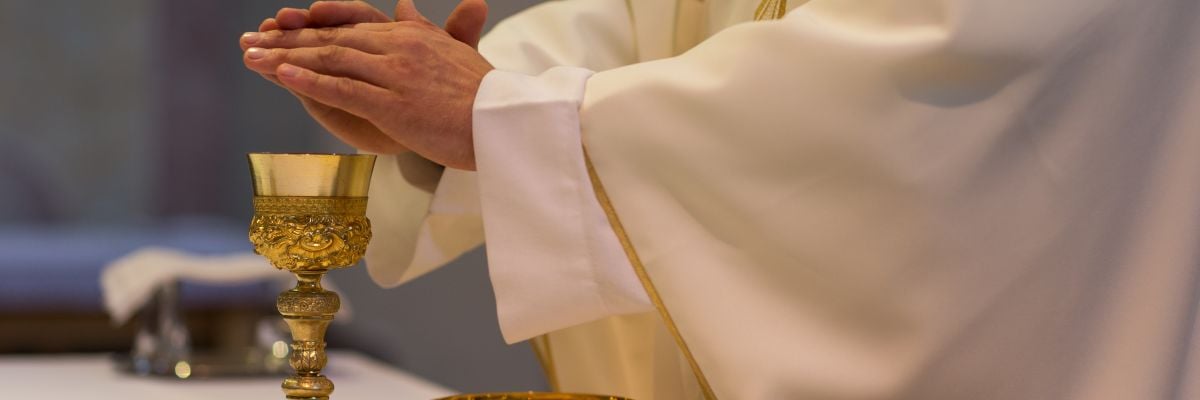
How can missing church on Sunday be a mortal sin? It isn’t even the Sabbath, so why would Catholics refer to attending mass on Sundays as a grave matter? Jimmy Akin answers this question in an excerpt from Catholic Answers Live.
Transcript:
Even though Sunday is not literally the Sabbath, it is the Christian equivalent of the Sabbath. It’s described in the Bible as the Lord’s day. And so, since the first century, Christians have met together on Sundays. St.Paul, for example, in the Corinthian Correspondence, talks about taking up a collection on Sundays when Christians meet together. So we know Christians were meeting on Sundays as the Lord’s Day for religious services. The question then becomes, how serious is that obligation, using the Jewish Sabbath as a parallel under the law of Moses, if you were a Sabbath-breaker, that’s one of the Ten Commandments, it’s right up there against don’t commit murder, don’t commit adultery.
Right up there is, remember the Sabbath to keep it holy. In fact, you could even under the Mosaic law, you could even be killed, executed, if you were a Sabbath breaker who just disregarded the Sabbath. So this was regarded as an extremely serious obligation in the Jewish community, and it is among the Ten Commandments. And so even though we’re not obliged to keep the same day holy, the obligation to keep that day holy is a grave one. It’s not something that should just be ignored because we meet on that day. The obligation is a grave one because we have a grave obligation to render proper worship to our Creator. And this is how we do that. So that’s the basic reason.
Now, there can be good excuses for missing Mass. If you’re sick, don’t go. There are legitimate reasons for not going. But as a matter of principle, the obligation to meet together for communal worship, to give proper worship to our Creator together, is a grave one. And we need to honor that.



